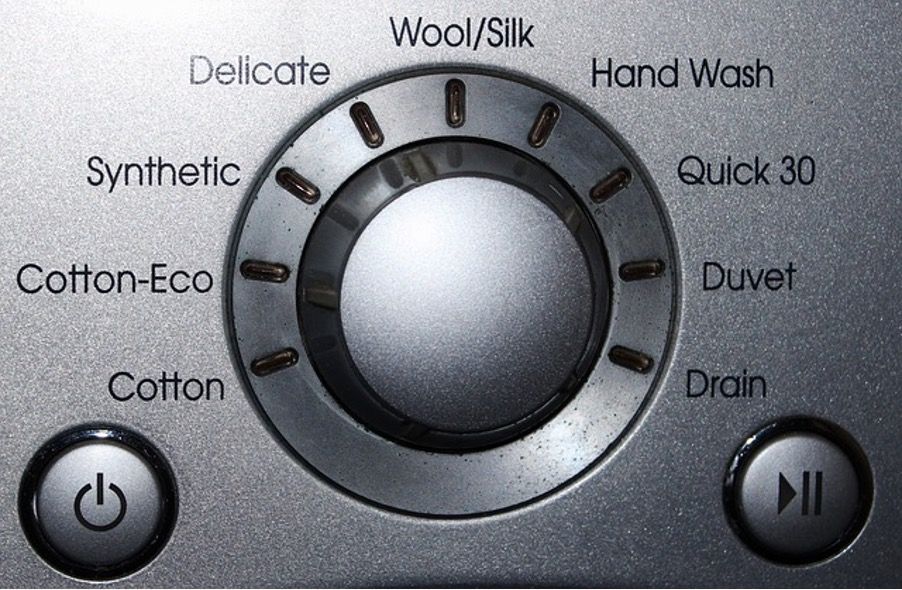What’s ‘just’ about being an accountant
The words that you use matter not only in the way that you express your thoughts but in what they say about your mindset, to yourself and to others.
I’m going to take issue with a simple four letter word that I hear too often within the accounting profession and a word that does us no favours.
Just.
“I’m just an accountant”

The words that you use matter not only in the way that you express your thoughts but in what they say about your mindset, to yourself and to others.
I’m going to take issue with a simple four letter word that I hear too often within the accounting profession and a word that does us no favours.
Just.
“I’m just an accountant”
“I’m just a manager/junior/ clerk/administrator* (insert your job title)
“I just need to finish something else first”
“I just need to do this before I go”
“I just need to look into it”
“I’ll just be a minute”
“I just need to call the client”
I have two problems with the use of the word ‘just’ in these contexts:
1. Nobody is “just an” anything! In the accounting world, whether you are a senior partner, a junior on your first day or anything in between, you have earned the right to be where you are today. To have the word ‘just’ precede your job title demeans you role. It tells the rest of the world that you are somehow less than the standard. Worse still, it suggests the same thought lurks within your own mind. How can anyone else appreciate your value if you don’t recognise it yourself.
2. In a similar vein, using ‘just’ to precede a task devalues your work. It suggests that it’s not a problem or it’s just a small thing. If you’re using it in the context of being asked to do something different then it gives the impression that what you have to do is somehow less important.
If you are looking to manage your workload, take control of a situation and demonstrate to a client that there is value (and hence a fee) coming into play, which of these sends out the right message:-
· “I just need to look into it”
· “I need to look into it”
Removing that one word creates a sense of a more tangible, significant action. It may look like splitting hairs but in a world where accountants are undervalued and guilty of giving so much away for free, being aware of the language that we use is one step in the right direction to being better respected.
Let’s try again:
“I’m an accountant, how can I help you?”
“I’m a manager/junior/ clerk/administrator, how can I help you?”
“I need to finish something else first but let’s get you scheduled in”
“I need to do this before I go, because this is my priority right now”
“I need to look into it, it’s important, not easy and it’s going to cost you”
“I’ll be a minute, actually, it’ll take longer than that”
“I need to call the client, I need to do my job”
Don’t undersell yourself and don’t undersell your activities.
How about we just ban the word!



